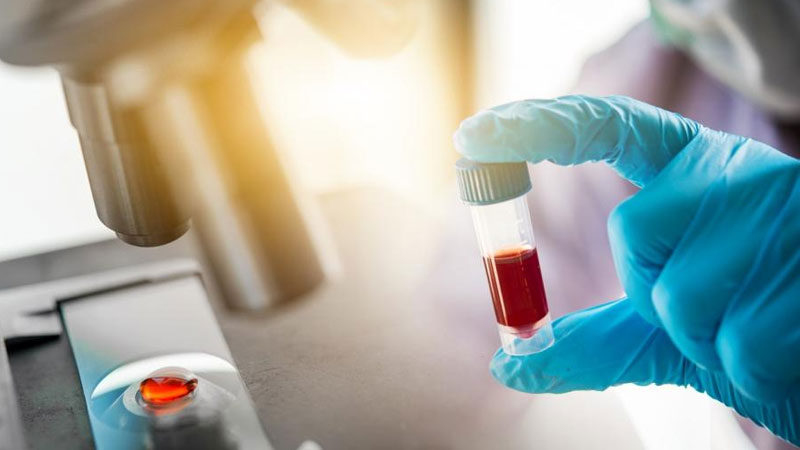
Unvaccinated people do more than merely risk their own health.
Infectious disease specialists say the unvaccinated people are also a risk to everyone if they become infected with coronavirus.
That's because the only source of new coronavirus variants is the body of an infected person.
Doctor William Schaffner, a professor in the Division of Infectious Diseases at Vanderbilt University Medical Centre has told the CNN that unvaccinated people are potential variant factories.
He says the more unvaccinated people there are, the more opportunities for the virus to multiply.
Doctor Schaffner says when it does, it mutates, and it could throw off a variant mutation that is even more serious down the road.
All viruses mutate, and while the coronavirus is not particularly mutation-prone, it does change and evolve.
He says most of the changes mean nothing to the virus, and some can weaken it but sometimes, a virus develops a random mutation that gives it an advantage, better transmissibility, for instance, or more efficient replication, or an ability to infect a great diversity of hosts.
Viruses with an advantage will outcompete other viruses, and will eventually make up the majority of virus particles infecting someone. If that infected person passes the virus to someone else, they'll be passing along the mutant version. If a mutant version is successful enough, it becomes a variant.
But it has to replicate to do that. An unvaccinated person provides that opportunity.
Andrew Pekosz, a microbiologist and immunologist at the Johns Hopkins Bloomberg School of Public Health, told the CNN that as mutations come up in viruses, the ones that persist are the ones that make it easier for the virus to spread in the population.
He says every time the viruses changes, that gives the virus a different platform to add more mutations.
Variants have arisen all over the world -- the B.1.1.7 or Alpha variant was first seen in England.
The B.1.351 or Beta variant was first spotted in South Africa.
The Delta variant, also called B.1.617.2, was seen first in India.
And the US has thrown up several of its own variants, including the B.1.427 or Epsilon lineage first seen in California, and the B.1.526 or Eta variant first seen in New York.
The rise of the Delta variant brings the mask question back, even for the vaccinated in the US.
Already, one new variant has swept much of the world.
Last summer, a version of the virus carrying a mutation called D614G went from Europe to the US and then the rest of the world.
The change made the virus more successful, it replicated better so that version took over from the original strain that emerged from China.
It appeared before people starting naming the variants, but it became the default version of the virus.
Now the Delta variant is even more transmissible, and it's set to become the dominant variant in many countries, including the US.
The CNN says the current vaccines protect well against all the variants so far, but that could change at any moment.
That's why doctors and public health officials want more people to get vaccinated.
The World Health Organization says the more we allow the virus to spread, the more opportunity the virus has to change. Vaccines are not widely available in many countries but in the US, there is plenty of supply, with slowing demand.
Just 18 states have fully vaccinated more than half their residents, according to data from the US Centers for Disease Control and Prevention.
Currently, approximately 1,000 counties in the United States have vaccination coverage of less than 30%.
CDC Director Dr. Rochelle Walensky told a White House briefing that these communities, primarily in the Southeast and Midwest, are the most vulnerable in the US.
Stay tuned for the latest news on our radio stations


